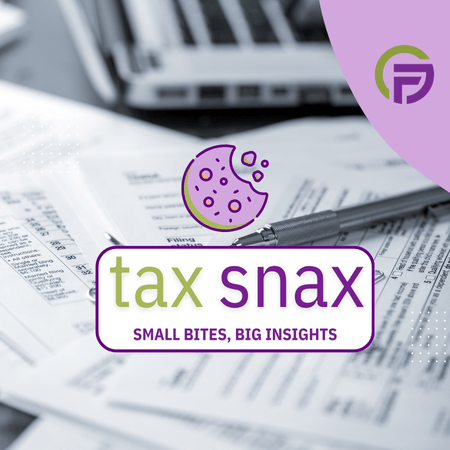
State Property Tax Update: Higher Business Personal Property Exemptions Across the U.S.
Several states are easing the compliance burden for small businesses by raising exemption thresholds for
business personal property (BPP) reporting and taxation. Following the lead of Texas and Indiana this tax year (TY),
a wave of reforms over the past two years has simplified filing requirements and reduced administrative costs
for taxpayers nationwide.
What’s New in 2025
- Colorado – The statewide exemption now applies to BPP valued at $56,000 or less per county (TY 2025). No declaration required below that amount.
- Montana – HB 212 (2023) raised the business equipment exemption from $300,000 → $1 million starting with TY 2024.
- Utah – The small-business exemption increased to $29,300 (TY 2025), with a simplified renewal process.
- Arizona – Indexed annually under A.R.S. § 42-11127, the small-business exemption rose to $248,691 (TY 2024) and $269,905 (TY 2025), with legislation pending to raise it to $500,000 in 2026.
- Michigan – Expanded its “small taxpayer” exemption band to $80,000 – $180,000 true cash value, effective TY 2023 and continuing forward.
- Tennessee – Public Chapter 341 (2024) allows small accounts (≤ $10,000 depreciated value) to file by certification instead of itemized schedules.
Coming in 2026
- Indiana – The BPP exemption will rise from $80,000 → $2 million under SB 1 / HEA 1427.
- Texas – A proposal to increase the exemption to $125,000 is pending voter approval this November.
These developments reflect growing bipartisan momentum to reduce compliance costs for small taxpayers and modernize
personal property tax systems that have remained largely unchanged for decades.
Many of these changes present new planning opportunities.
Reach out at (857) 216 7831
or [email protected]
to see how FandlGagnon can help your business take advantage.
